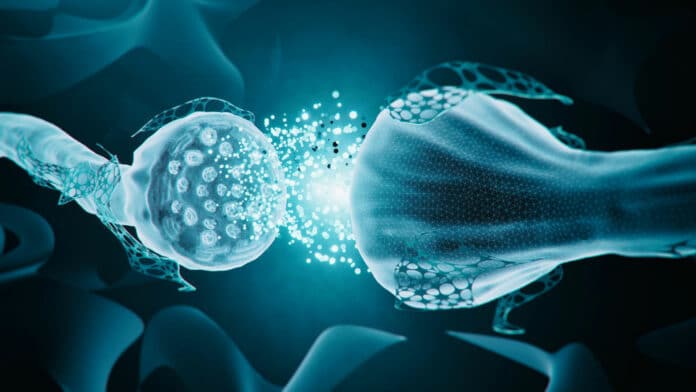Neural stem cells generate new neurons through a process called neurogenesis. According to past studies, neurogenesis is impaired in Alzheimer’s disease (AD) patients and familial Alzheimer’s disease (FAD) mouse models. However, whether new neurons play a causative role in memory deficits is unknown. It also remains elusive whether neurogenesis defects contribute to AD’s cognitive impairments.
In a new study by the University of Illinois Chicago, scientists have shown that new neurons can incorporate into the neural circuits that store memories and restore their normal function. They discovered that increasing the production of new neurons in mice with Alzheimer’s disease (AD) rescues the animals’ memory defects.
Scientists boosted neurogenesis in AD mice by genetically enhancing the survival of neuronal stem cells. They deleted a Bax gene that has a crucial role in neuronal stem cell death. This causes the maturation of more new neurons. In two distinct tests testing spatial recognition and contextual memory, the animals’ performance was recovered by increasing the generation of new neurons.
By fluorescently labeling neurons activated during memory acquisition and retrieval, the researchers determined that, in the brains of healthy mice, the neural circuits involved in storing memories include many newly formed neurons alongside older, more mature neurons. These memory-stowing circuits contain fewer new neurons in AD mice, but the integration of newly formed neurons was restored when neurogenesis was increased.
Additional research on the neurons that make up the memory-storing circuits showed that promoting neurogenesis also increases the number of dendritic spines—structures in synapses that are believed to be essential for memory formation—and returns the pattern of gene expression in neurons to normal.
Professor Orly Lazarov of the Department of Anatomy and Cell Biology at the University of Illinois Chicago College of Medicine said, “Our study is the first to show that impairments in hippocampal neurogenesis play a role in the memory deficits associated with AD by decreasing the availability of immature neurons for memory formation. Taken together, our results suggest that augmenting neurogenesis may be of therapeutic value in AD patients.”
Journal Reference:
- Rachana Mishra, Trongha Phan et al. Augmenting neurogenesis rescues memory impairments in Alzheimer’s disease by restoring the memory-storing neurons. J Exp Med (2022) 219 (9): e20220391. DOI: 10.1084/jem.20220391
